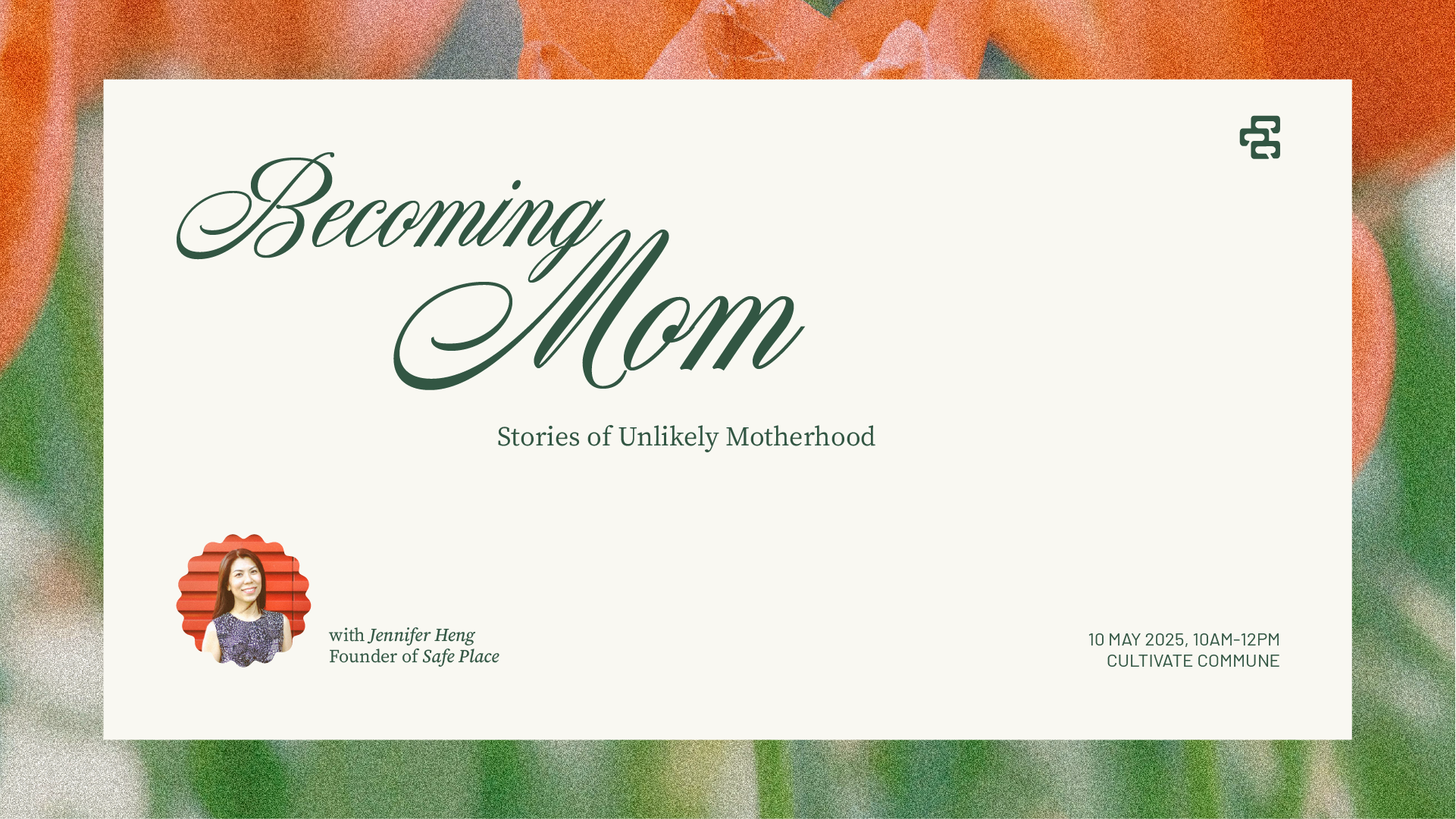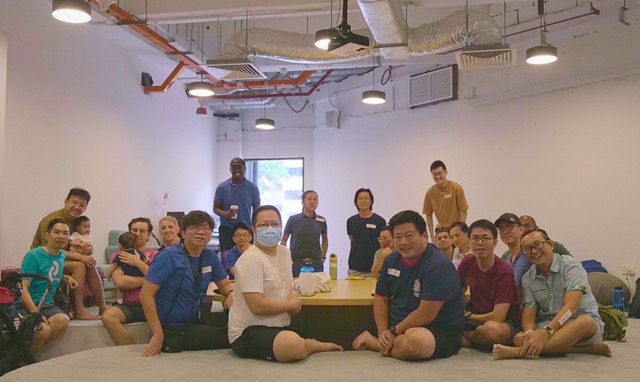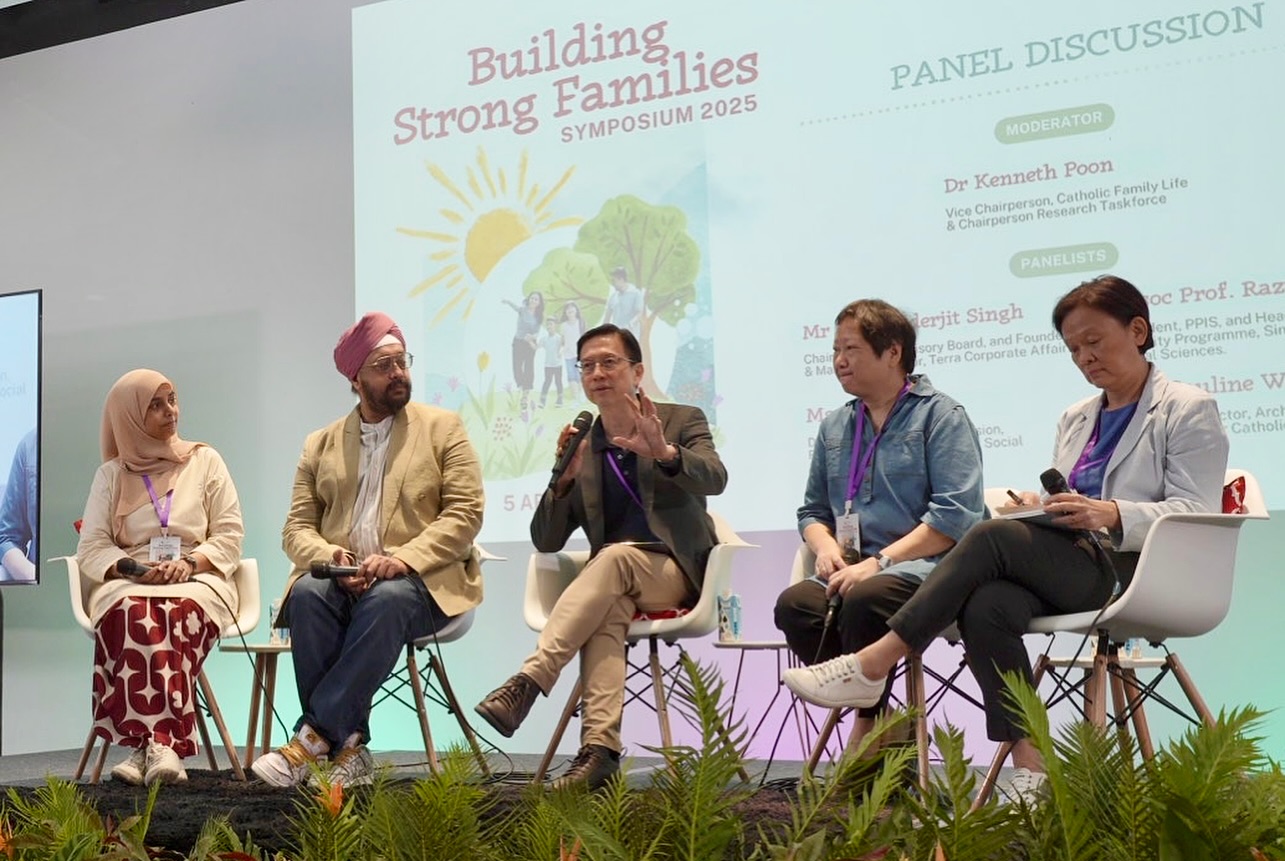Wong is a 5 year old boy who loves having dinner at a local restaurant ever since his parents brought him there to celebrate his birthday. Hoping to relive that joy daily, he has been asking his parents to “go out for dinner”, or sometimes he simply says “I want to eat outside”. His parents therefore started having picnics outside of the house at dinner time – much to the dismay of Tom, and to the confusion of his parents.
Words matter don’t they? We can be sincere in our conversations with one another, but if we are understanding and using the same term in different ways, we end up in confusion, unnecessary disagreements and frustration, much like Tom and his parents.
At Cultivate, we believe in the power of conversations. We believe that we can grow the good, one conversation at a time because interpersonal dialogues humanise us.
Discussing ideas and behaviours in the abstract can be a challenging process. If done through a medium where there is little to remind us that we are talking to fellow human beings, it is easy to dehumanise one another. Perhaps this explains the deep discomfort we may feel when discussing contentious issues online.
Does this mean that we refrain from discussing contentious issues, ideas and behaviours? Certainly not. It just means that how we discuss such issues matters. These discussions are still necessary as bad ideas have consequences – including devaluing people.
In extreme cases, the consequences can be horrific. Just take the example of Nazi Germany where certain bad ideas about humanity and race led to the Holocaust, the worst genocide in recent memory. Adolf Hitler infamously and appallingly called Jews “parasites” which deserve to be eradicated. This became a view adopted by, or at least tolerated by, enough of society such that he was allowed to commit atrocities unchecked at the time. Such conduct is plainly unacceptable.
In his allegory about totalitarian governments (such as Nazi Germany and the Soviet Union), 1984, George Orwell explains that the whole aim of changing language (called ‘Newspeak’ in his book) is “to narrow the range of thought”. It is a form of “reality-control”.
Even in less severe cases, consequences still exist. Whether it is in academia or our day-to-day interactions, good ideas enable us to grow as individuals and as a society while bad ones reduce overall quality of life. An instance of a set of good ideas with positive consequences can be seen in Singapore’s recognition of the rights of persons with disabilities, ranging from the use of sign language at National Day Rallies to prohibiting discrimination on the basis of disability in upcoming Workplace Fairness Legislation. Prime Minister Lee Hsien Loong said in a 2014 speech that: “Our society should value every person, no matter who he is, or what he was born with or without, because every person matters to us.”
We need to promote good ideas towards creating a better society. Conversations, especially those we can have face-to-face, remind each party of the human that is involved. We are less likely to as a result behave in an intolerant and explosive manner.
Where we don’t have the benefit of meeting face-to-face, it helps that we take intentional steps to be mindful that we are speaking to a fellow human being with their own set of struggles and history.
To achieve all the benefits of having conversations, we must have good ones. This means avoiding things that detract from having fruitful conversations! One significant obstacle is ambiguous terminologies.
Whose definition and why?
In this series, we will be exploring some key terms and concepts which make their way into discussions about contentious issues in our society today.
Definitions matter as they set us up to communicate accurately and meaningfully. When we are unclear about what a term means, great ideas can fly over our heads. In a conversation and our diverse world, it is not uncommon for people to use words in different ways or even define them differently.
This series of articles might not necessarily declare that a specific understanding or use of a certain term is the single right way to use it. We are however hoping to unpack how the meaning of some terms may have been taken for granted, or taken as offensive due to certain preconceived notions about a given topic.
Words make conversation, clarity breeds communication. Stay tuned!
~~~
If you are interested in a specific term and would like us to unpack it, send your request to us at admin@cultivate.sg with the following information:
- The term
- Context and examples of the term being used
- Questions about it
- Relevant links


